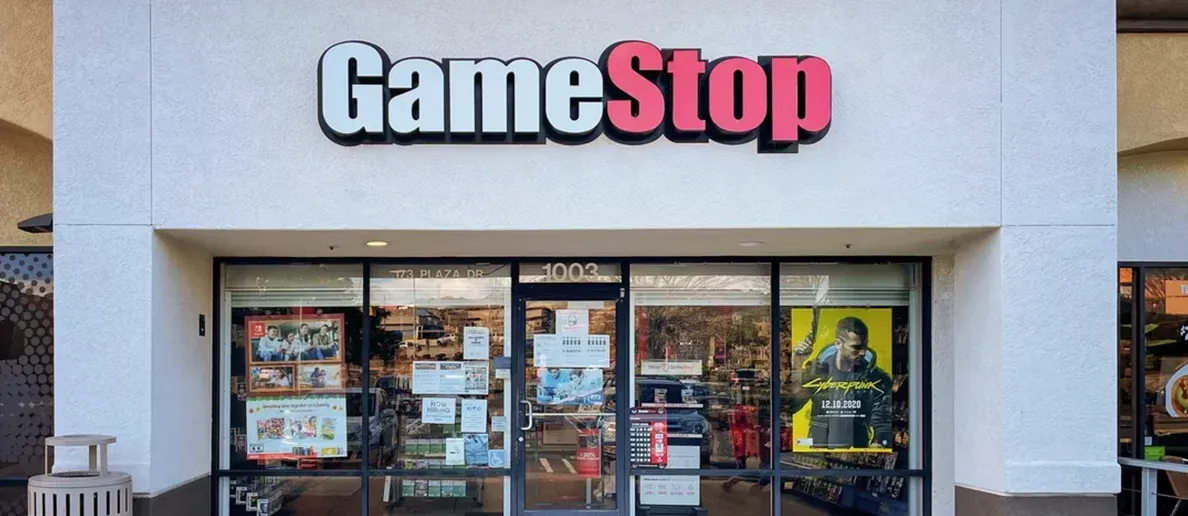Kitty vs Politicians: Market Manipulation & Double Standards


In the whirlwind world of stock trading, few stories capture the public imagination like that of Keith Gill, better known as "Roaring Kitty" on social media. Gill's involvement in the 2021 GameStop stock frenzy turned him into a financial folk hero among retail investors. However, recent probes into his trading activities have reignited debates on market manipulation and the glaring double standards between the actions of private citizens and those of politicians.
Keith Gill, a licensed trader, shot to fame during the 2021 meme stock craze by posting bullish positions on GameStop (GME:US) through his social media handles. His initial investment, reportedly around $50,000, ballooned into millions as a legion of retail traders, inspired by his posts, drove the stock price to unprecedented heights. Gill's savvy use of social media not only showcased his financial acumen but also his ability to influence market dynamics.
Gill's recent return to social media, after a three-year hiatus, once again stirred the market. A post showing a $116 million bet on GameStop caused the stock to surge over 100% in a single day. His brokerage account, allegedly holding 5 million GameStop shares and significant options positions, drew both admiration from followers and scrutiny from regulators.
Massachusetts Secretary of State Bill Galvin has initiated an investigation into Gill's recent trading activities. This follows previous probes which concluded with a settlement against his former employer, MassMutual, for inadequate supervision. The current investigation seeks to determine if Gill's actions constitute market manipulation.
Simultaneously, E*Trade, a Morgan Stanley-owned brokerage, is considering banning Gill from its platform over concerns about his influence on the stock market. The Securities and Exchange Commission (SEC) is also reportedly examining options trades around the time of Gill’s social media posts, though it remains unclear if they are directly investigating him.
While Gill faces intense scrutiny, similar actions by politicians often go unchallenged. U.S. Senator Tommy Tuberville's recent trade in Humacyte Inc. (HUMA:US) is a prime example. Tuberville, who sits on the Armed Services Committee, traded Humacyte stock shortly before it surged 220%. His position on a committee with direct oversight on matters potentially affecting Humacyte's success raises questions about insider knowledge and conflict of interest.
Nancy Pelosi, a prominent figure in Congress, has also faced public accusations of suspicious trading. Her net worth, heavily influenced by stock trading, has grown beyond 500 times her past salary. Pelosi's trades, often executed by her husband, have sparked debates about the ethical implications of politicians engaging in stock market activities while possessing privileged information.
The contrasting reactions to Gill’s and politicians’ trading activities highlight a systemic issue. While regulators swiftly act against retail investors like Gill, politicians often escape similar scrutiny despite having access to non-public, potentially market-moving information. This double standard underscores a need for stringent regulations and transparency to ensure a level playing field.
